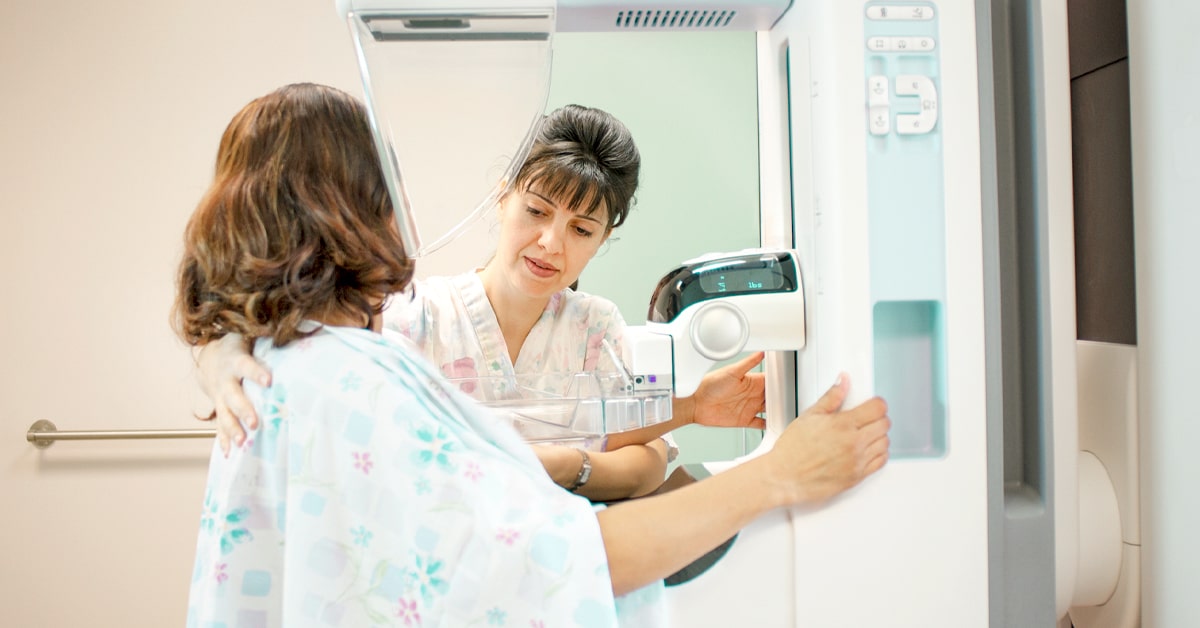
6 Reasons to Get a Mammogram
A mammogram is a specialized x-ray for breast examination, used to detect signs of breast cancer.
A mammogram is the most reliable way to detect cancer early on, and this is important, because breast cancer is easier to successfully treat before it’s spread.
According to the Center for Disease Control, women should begin yearly mammograms around the age 40 to 49, and while we know it’s by no means a fun experience, it’s certainly an important one one.
Let’s talk about 6 major reasons why you should get a mammogram for Breast Cancer Awareness Month.
1. It Only Takes About 20 Minutes
While a mammogram is not the most pleasant experience, it only takes about 20 minutes to complete. Considering that a mammogram could save your life, it’s a pretty fair tradeoff.
2. You Should Get Results Within 10 Days

Typically, you can expect to receive your mammogram results within 10 days. If doctors find anything unusual, they’ll most likely contact you within a week. Remember, though, this doesn't automatically imply cancer; it might be a cyst, dense breast tissue, or the image may require a retake.
3. When Caught Early, It’s Often Preventable
Although mammograms cannot prevent breast cancer on their own, they can detect signs of cancer early on before it spreads throughout the body.
And when cancer is detected when it’s still contained in the breast, the survival rate is 99%, according to the American Cancer Society.
4. Signs Of Cancer Can’t Always Be Felt.
While practicing self-exams is crucial, there are instances when no changes become apparent until a substantial lump has formed. And by the time this occurs, breast cancer can spread and become harder to treat.
Mammograms work by observing changes in breast tissue, and this means that they can detect cancer long before you or your physician might find a lump in your breast.
5. Your Risk Of Developing Breast Cancer Increases As You Age

As you age, your risk of developing breast cancer increases. That's why doctors recommend yearly mammograms, especially after turning 40.
There are other factors can increase your risk as well, including:
- Alcohol consumption
- A sedentary lifestyle
- Obesity
- Family history
6. There Are Options for Low-Income Women
For women who are uninsured or low-income, there are free and low-cost options available. And many of these programs are held during the month of October for National Breast Cancer Month! For more information, call the American Cancer Society at 1-800-227-2345.






